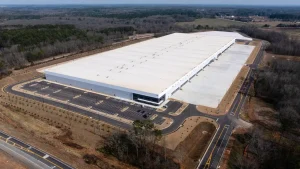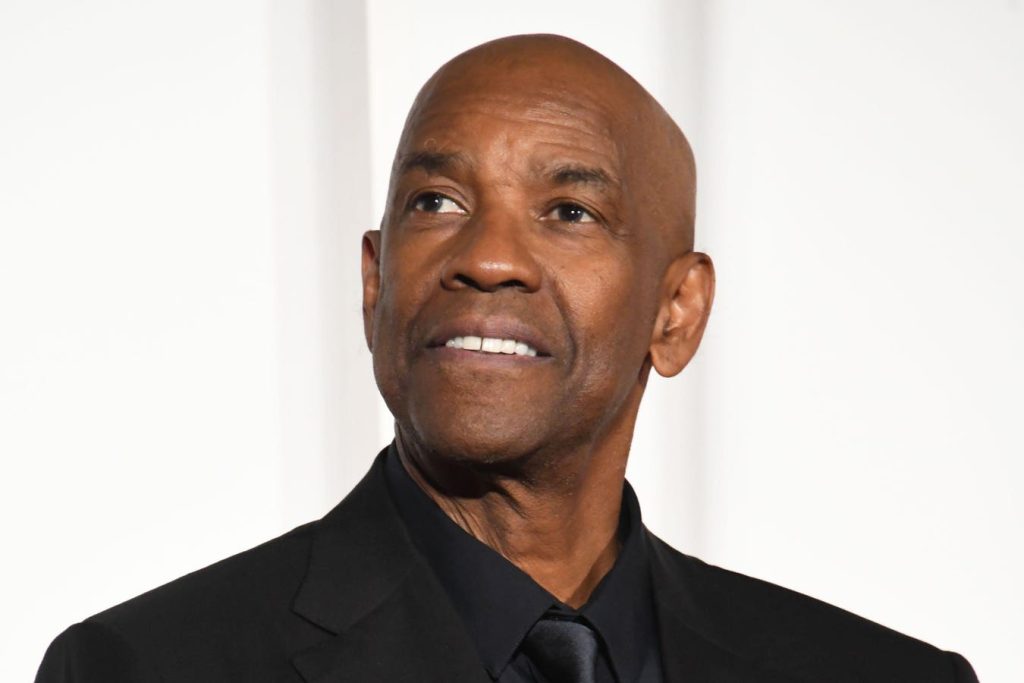Denzel Washington’s Gladiator II Performance Offers a Masterclass in Entrepreneurial Traits
Denzel Washington’s portrayal of Macrinus in Gladiator II, a character who ascends from gladiator trainer to the functional emperor of Rome, offers a compelling, albeit unconventional, study in entrepreneurial behavior. While the pursuit of power differs significantly from the pursuit of profit, and violence plays no role in modern entrepreneurship, Macrinus’s strategic maneuvers, stripped of their ancient Roman context, hold valuable lessons for contemporary entrepreneurs. His journey, marked by calculated ambition and astute execution, provides a framework for understanding the mindset and actions that differentiate successful entrepreneurs from those who falter.
Macrinus’s journey begins with a decades-long, concealed ambition. Crucially, he resists premature action, patiently waiting for the opportune moment when the necessary conditions align with his pre-existing plan. This measured approach, driven by environmental evidence rather than impulsive intuition, mirrors the successful entrepreneur’s meticulous preparation. Just as Macrinus orchestrated the elements for his rise, entrepreneurs must meticulously assess market needs and product-market fit before launching a product. The Lean Startup Method, emphasizing customer feedback and iterative development, serves as a modern-day equivalent of Macrinus’s strategic patience, enabling entrepreneurs to validate their ideas and refine their offerings before committing substantial resources. The initial focus should be on gathering customer insights, shaping the plan, and identifying market signals that indicate the optimal time to proceed, not on premature fundraising or product development.
Contrary to the popular perception of entrepreneurs as reckless risk-takers, Macrinus demonstrates a calculated approach to risk management. He strategically minimizes potential threats, even in seemingly daring actions. His calculated moves, such as securing control of the Praetorian Guard by first indebting a key senator, exemplify this principle. This calculated maneuvering mirrors the successful entrepreneur’s focus on minimizing exposure by forging strategic alliances and partnerships. Continuous environmental analysis and adaptation, combined with proactive relationship building, become crucial tools for mitigating risks and navigating the unpredictable landscape of business.
Macrinus’s ultimate goal, the destruction of the Roman Empire, driven by his belief in its inherent corruption, underscores a critical entrepreneurial trait: prioritizing the customer (in his case, the Roman citizens) over personal ego. Despite wielding immense power, Macrinus remains unattached to the trappings of his position, viewing it merely as a means to an end. This detachment from ego echoes the successful entrepreneur’s unwavering focus on customer needs, even amidst accolades and financial success. Resisting the allure of self-importance and maintaining a customer-centric approach is essential for long-term success. Humility, continuous learning, and a dedication to serving the target audience are far more valuable than self-promotion and resting on laurels.
In the face of chaos, Macrinus exemplifies the crucial entrepreneurial trait of maintaining composure. During a riot in the Coliseum, while emperors flee, he remains calm and contemplative, singularly focused on his plan. This unwavering composure contrasts sharply with the image of the excitable entrepreneur often portrayed. Seasoned entrepreneurs recognize the long-term nature of success, understanding that it’s a marathon, not a sprint. Maintaining equilibrium amidst the inevitable ups and downs of the entrepreneurial journey allows for clear thinking, strategic decision-making, and a sustained focus on the long-term vision.
Macrinus’s acceptance of defeat in the film’s climax further reinforces the entrepreneurial mindset of valuing the journey and the pursuit of the larger goal, even when specific products or ventures fail. His reaction to the fatal blow, not one of despair but of mere irritation, reflects the resilience required for long-term success. This underscores the crucial distinction between persistence for the path versus persistence for a specific product. Successful entrepreneurs adapt, pivot, and iterate, undeterred by setbacks. Failure of a specific idea is not viewed as a failure of the overall pursuit, but rather as a learning opportunity and a stepping stone on the path towards ultimate success. The ability to detach from a failing venture, learn from the experience, and adapt the strategy is paramount.
Denzel Washington’s nuanced performance in Gladiator II offers a powerful, albeit unconventional, lens through which to examine the essential traits of successful entrepreneurs. While the context of ancient Rome and the pursuit of power differ significantly from the modern business world, the underlying principles of strategic planning, calculated risk management, customer-centricity, composure under pressure, and persistent adaptation resonate deeply. These lessons, gleaned from Macrinus’s journey, transcend the historical setting and offer valuable insights for entrepreneurs navigating the complexities of today’s business landscape. The film serves as a compelling reminder that success is not about brute force or impulsive action, but about calculated strategy, unwavering focus, and the resilience to adapt and persist in the face of challenges.












